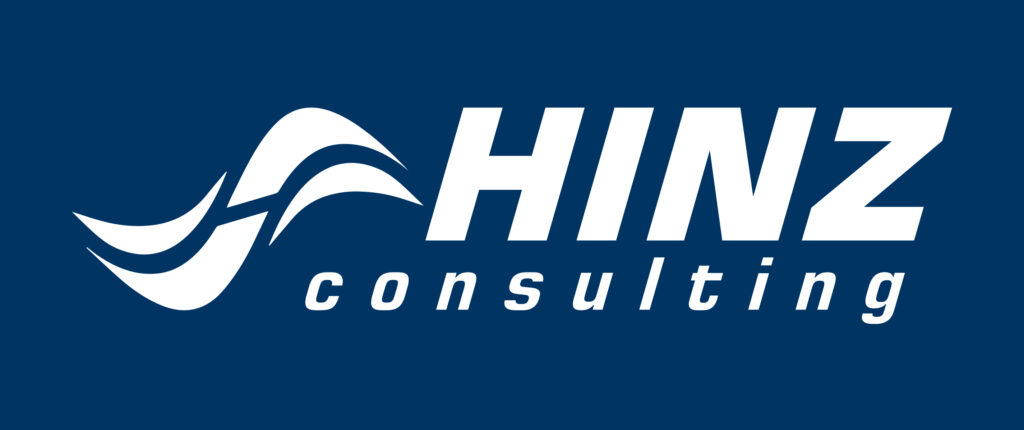Government contract audits are an integral part of working with federal agencies, ensuring contractors adhere to financial, regulatory, and performance requirements. Proper preparation is essential to avoid compliance issues, penalties, or disqualification from future contracts. By understanding the audit process and taking proactive steps, your business can successfully navigate audits and maintain strong relationships with government agencies.
This guide outlines key strategies for government contract audit preparation, helping you approach audits with confidence and professionalism.
What Is a Government Contract Audit?
A government contract audit is a detailed review conducted by federal agencies to verify compliance with contract terms, regulations, and financial accuracy. Audits can occur during or after contract performance and may include financial, operational, and performance evaluations.
Types of Government Contract Audits
- Pre-Award Audits: Assess a contractor’s financial systems and capabilities before awarding a contract.
- Post-Award Audits: Verify that costs incurred align with contract terms and applicable regulations.
- Performance Audits: Evaluate the contractor’s ability to deliver on agreed-upon deliverables.
- Compliance Audits: Ensure adherence to federal acquisition regulations (FAR, DFARS) and specific contract terms.
Why Government Contract Audit Preparation Is Important
- Ensures Compliance: Helps avoid penalties and disqualification from future contracts.
- Demonstrates Accountability: Builds trust with federal agencies through transparent practices.
- Protects Financial Integrity: Ensures costs are justified and allowable under the contract.
Steps for Effective Government Contract Audit Preparation

Understand the Scope of the Audit
Begin by clarifying the audit’s objectives and areas of focus.
- Key Questions to Ask:
- What type of audit will be conducted (financial, performance, compliance)?
- What specific documents or systems will be reviewed?
- What is the timeline for the audit process?
- Tip: Review the terms of your contract and applicable regulations to anticipate auditor expectations.
Organize and Maintain Documentation
Thorough documentation is essential for a successful audit.
- Required Records:
- Financial records: invoices, payroll, receipts, and cost allocation reports
- Performance records: deliverable schedules, project updates, and quality assurance reports
- Compliance records: certifications, subcontracting plans, and government property logs
- Best Practices:
- Use a centralized system for storing and managing records.
- Regularly update and review documentation to ensure accuracy and completeness.
Review Cost Accounting Practices
Ensure your cost accounting systems comply with government standards, such as the Cost Accounting Standards (CAS).
- What to Review:
- Direct and indirect cost allocations
- Timekeeping systems for labor hours
- Billing practices and cost recovery methods
- Tip: Conduct an internal audit of your accounting systems to identify and address discrepancies.
Conduct a Mock Audit
Simulating an audit can help identify gaps and areas for improvement.
- How to Conduct a Mock Audit:
- Assemble a team to review your systems and documentation.
- Use an audit checklist based on FAR and contract-specific requirements.
- Address any findings or inconsistencies before the actual audit.
Train Your Team
Ensure all relevant employees understand the audit process and their roles.
- Key Training Areas:
- Proper recordkeeping practices
- Communication protocols with auditors
- Responding to audit inquiries accurately and promptly
- Tip: Schedule periodic training sessions to keep your team informed of regulatory updates.
Communicate Proactively with Auditors
Establishing open and transparent communication with auditors can streamline the process.
- Best Practices:
- Provide requested documents promptly.
- Address questions or concerns with clarity and professionalism.
- Avoid withholding information, as it may raise red flags.
Common Challenges in Government Contract Audits
Incomplete or Disorganized Documentation
Disorganized records can lead to delays and potential non-compliance findings.
Solution: Implement robust document management systems and maintain updated records.
Non-Compliant Cost Accounting
Improper cost allocations or billing practices can result in financial penalties.
Solution: Regularly review accounting practices to ensure compliance with CAS and FAR.
Lack of Internal Awareness
Uninformed employees may inadvertently provide incorrect information during audits.
Solution: Conduct regular training and clear communication about the importance of audits.
Unexpected Audit Findings
Audits may reveal issues that contractors were unaware of, leading to complications.
Solution: Perform internal audits to identify and resolve potential issues early.
Best Practices for Government Contract Audit Preparation
Stay Proactive
Preparation should begin well before an audit is scheduled.
- Regularly review contracts and compliance requirements.
- Conduct periodic internal audits to ensure readiness.
Use Technology
Leverage tools to simplify recordkeeping and compliance monitoring.
- Recommended Tools:
- Deltek Costpoint for financial management
- QuickBooks for expense tracking
- Project management platforms like Asana or Jira
Engage Experts
Consider working with consultants or auditors who specialize in government contracting.
- Benefits of Expert Guidance:
- Identification of compliance gaps
- Assistance in preparing documentation
- Insights into audit trends and best practices
Final Thoughts
Government contract audits are an essential part of maintaining transparency and accountability in federal contracting. By understanding the audit process, organizing documentation, and implementing best practices, your business can navigate audits with confidence and professionalism. Proactive preparation not only ensures compliance but also strengthens your reputation as a trusted government partner, paving the way for future contracting success. Contact us to learn more!


